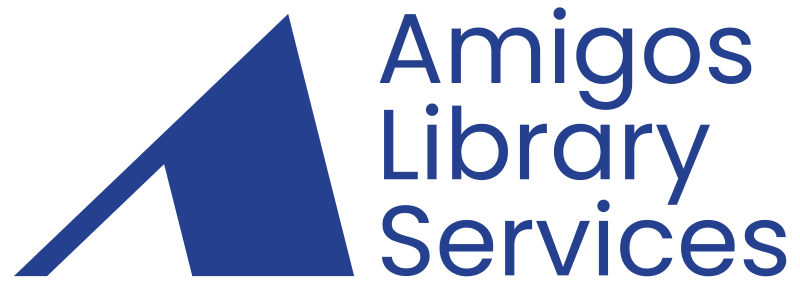The Essentials: Teaching and Presenting in the Profession
Teaching and presenting are good opportunities to create a positive impression for the organization, but limited training and experience can make library staff feel unprepared to make the most of these situations. Having a basic understanding of how to approach library instruction or presenting at a conference is beneficial to both staff and their organizations. This session focuses on building a strong foundation of teaching and presentation skills for library workers new to the subject or those in need of a refresher.
